Turkish candidate drops out in boost to Erdogan’s main challenger
Turkey’s third-party candidate Muharrem Ince has withdrawn from the presidential election in a move that would bolster President Recep Tayyip Erdogan’s main challenger and raise the chances of a first-round victory by the opposition.
“I'm withdrawing my candidacy,” Ince told reporters on Thursday ahead of Sunday's presidential and parliamentary elections. “I am doing this for my country.”
Ince said he had offered voters a more vibrant alternative to the 74-year-old Kemal Kilicdaroglu – a bookish former civil servant with a dire national election record against Erdogan.
The announcement appeared to catch Turkey’s 69-year-old leader off guard.
“One of the candidates has withdrawn. It is impossible to understand why this happened. Honestly, I am sad,” Erdogan told a rally in the capital Ankara. “I wish he had continued until the end.”
Ince had come under fierce criticism from the opposition for entering the campaign just two months before the vote.
Ince picked up 30.6 percent of the vote when he challenged President Erdogan in 2018 elections. He then quit the main opposition party and launched his own movement that began to pull votes away from Kilicdaroglu – the joint candidate of the anti-Erdogan bloc.
Critics saw him as a spoiler candidate who could only help Erdogan extend his two-decade rule until 2028.
The last opinion polls suggested that Kilicdaroglu was leading Erdogan by a few percentage points but falling short of breaking the 50-percent threshold required for a first-round win.
The opposition is now more united than in any past campaign against Erdogan.
Kilicdaroglu’s six-party alliance spans Turkey's religious and cultural spectrum and includes some of Erdogan's own former allies. It is the type of coalition that helped Erdogan and his party keep winning at the polls.
Recent surveys showed him picking up between two and four percent of the vote. But that might be enough to put Kilicdaroglu over the top.
A snap Metropoll survey released Thursday had 49 percent of Ince's support falling to Kilicdaroglu and 22 percent going to Erdogan.
Erdogan, 69, who has ruled Turkey for 20 years since 2003, first as prime minister and later as president, yet faces strong political headwinds ahead of the May 14 elections. Sunday’s elections are seen as among the most consequential in Turkey’s modern history.
He is facing criticisms over Turkey’s double-digit inflation and his government has been accused of being slow to respond and lax in enforcing building codes after February's devastating earthquake.
The crucial elections will seriously affect the country's close alliance with Russia. The elections will also influence some other key issues including Sweden joining NATO amid the Russia-Ukraine war.
Any candidate that can secure more than half the presidential vote is the outright winner, otherwise, the race goes to a run-off two weeks later.
Israeli army chief privately warns of cost of new war with Iran: Report
IRGC official: US buildup, psychological tactics aim to 'swallow Iran again'
Iran’s three-man team captures triple gold at UWW ranking series in Tirana
Iranian academic sentenced to 4 years in prison in France for supporting Palestine
VIDEO | Press TV's news headlines
Russia: West seeks to repeat past ‘plunder’ of Iran’s oil
Herzog visits Ethiopia to expand Israeli footprint in Africa
VIDEO | Sunni family's legacy of sacrifice inspires unity, solidarity in Iran


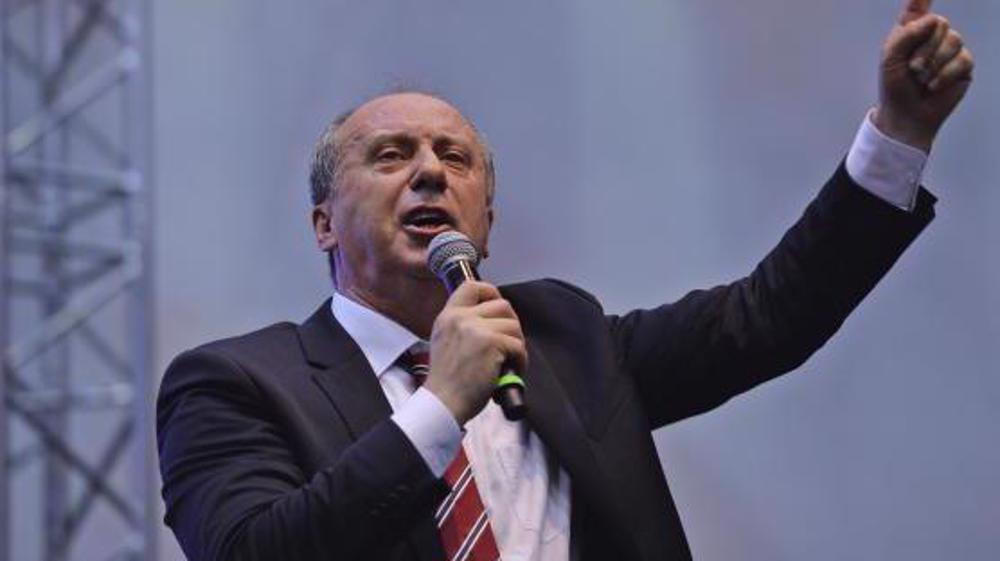
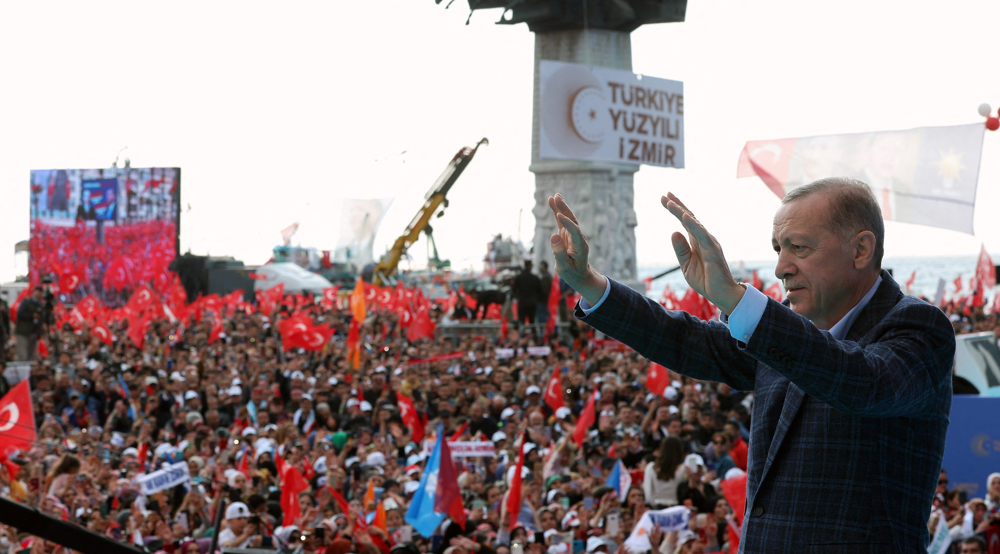

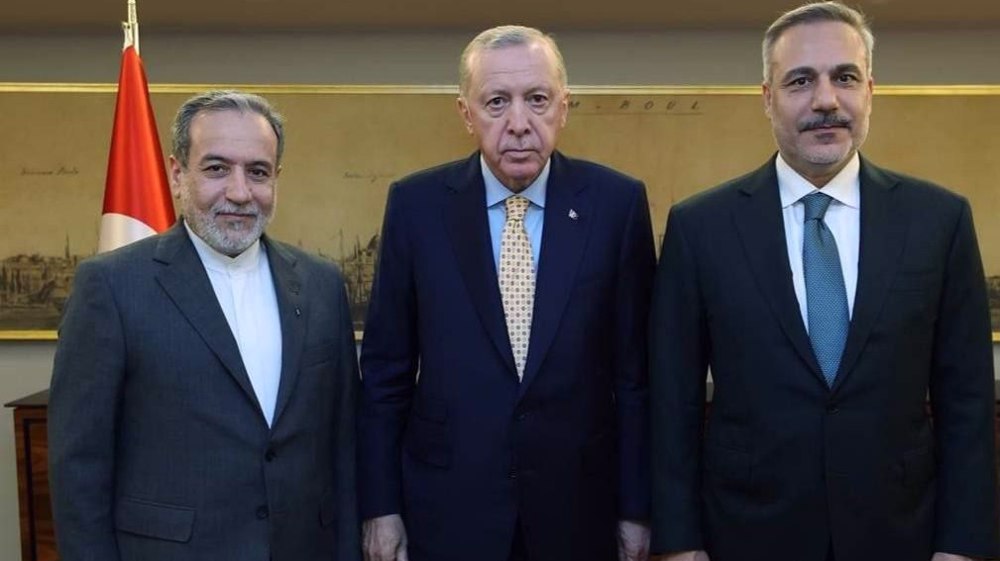
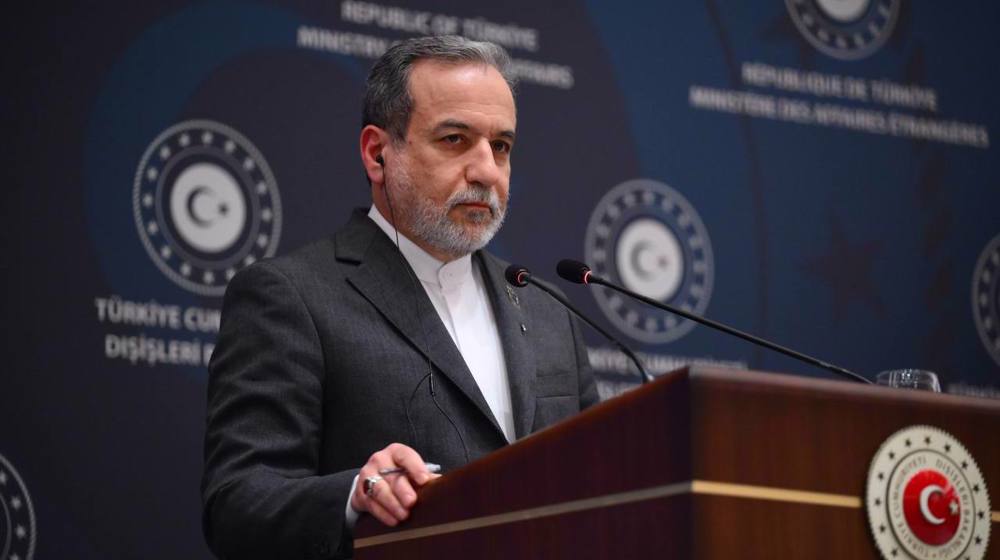



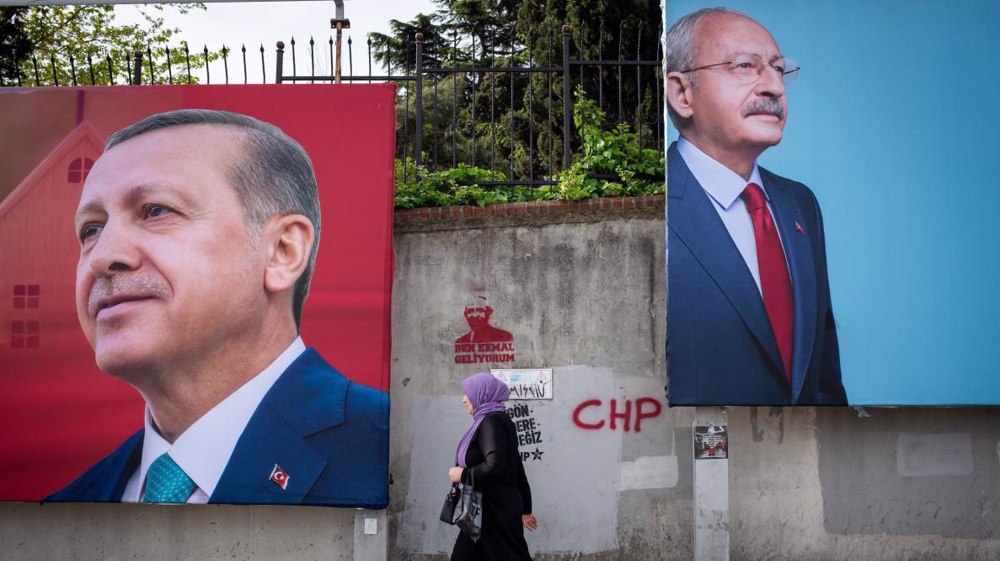
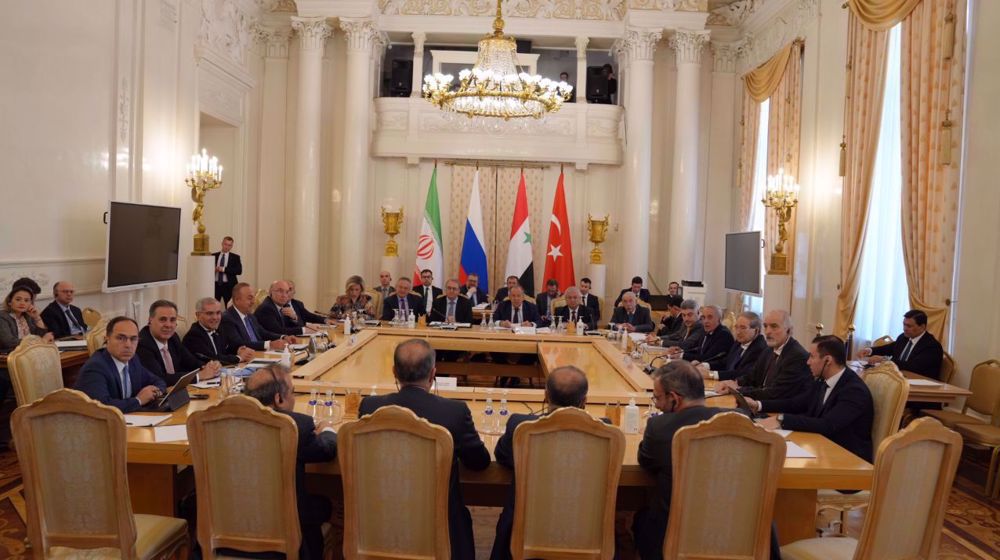
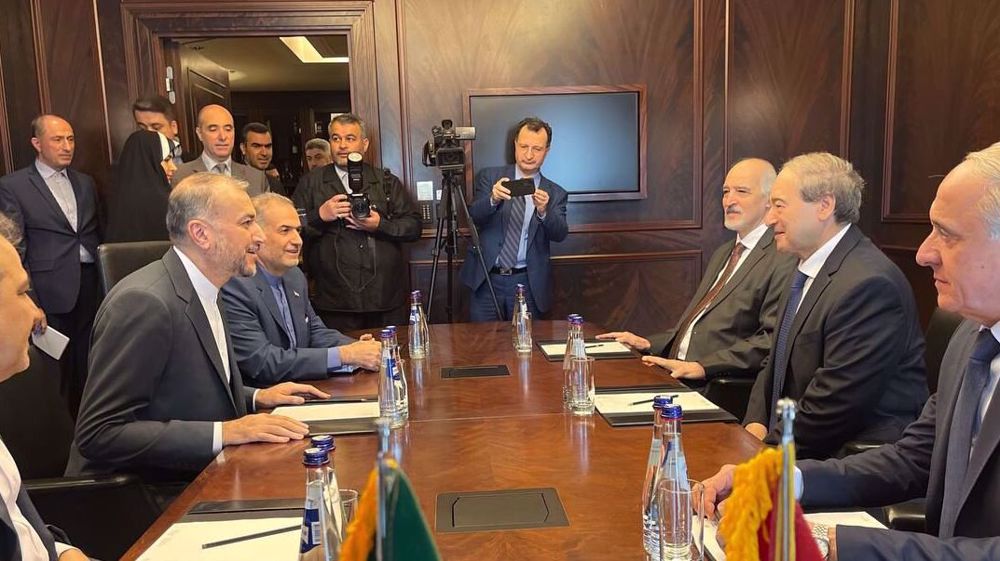


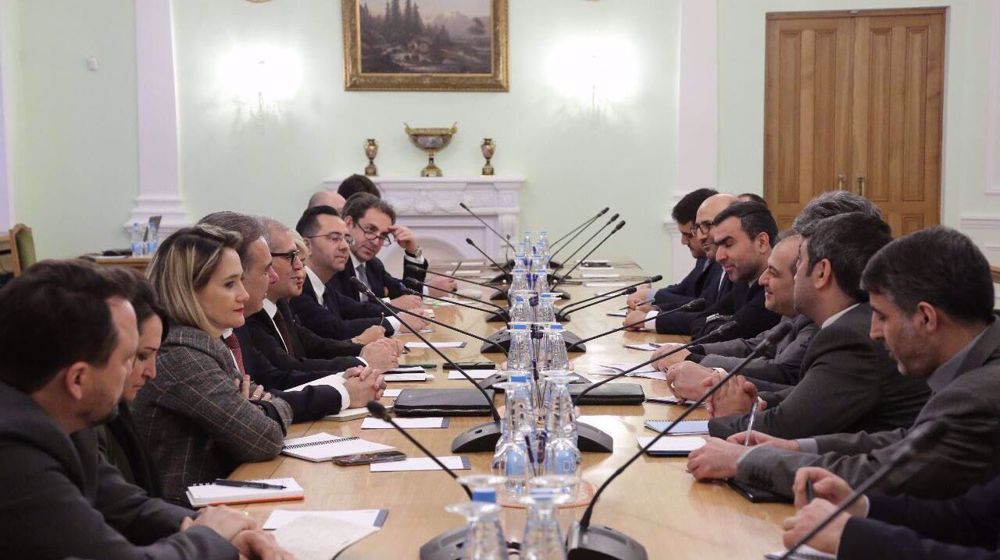
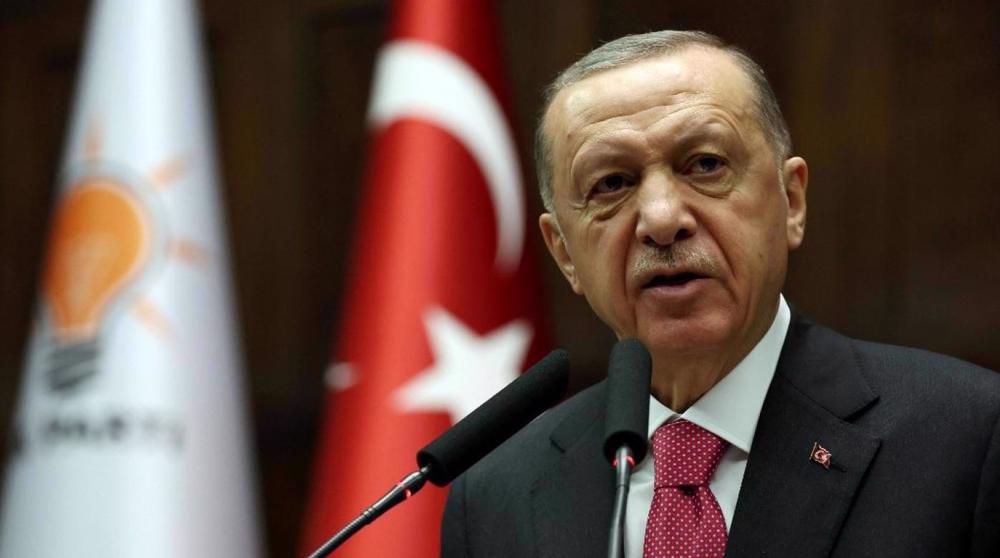

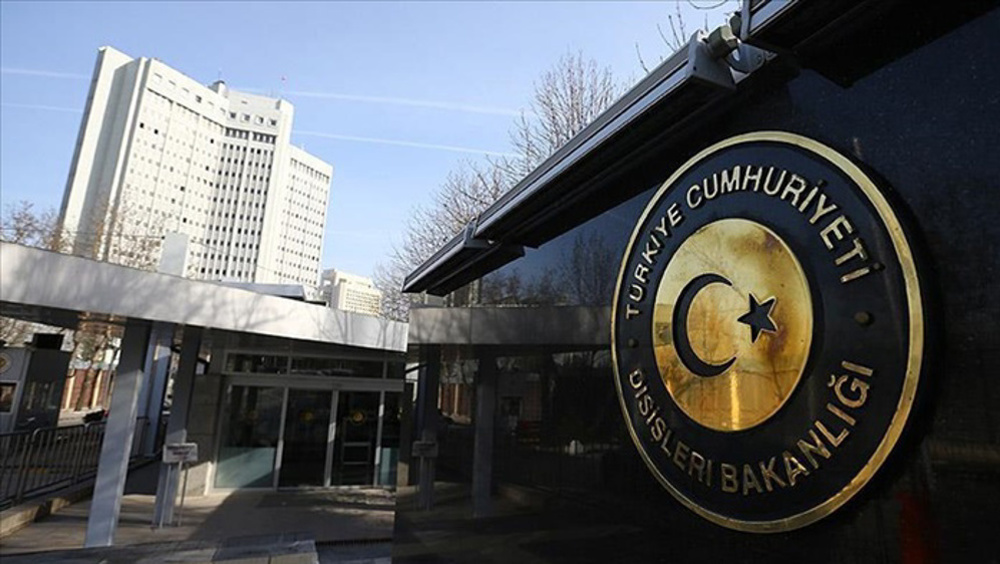
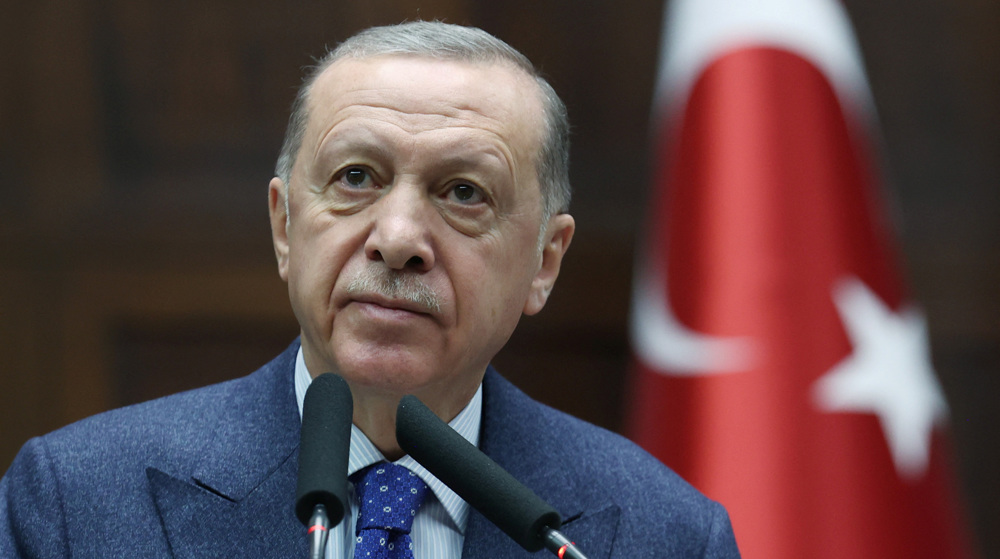

 This makes it easy to access the Press TV website
This makes it easy to access the Press TV website